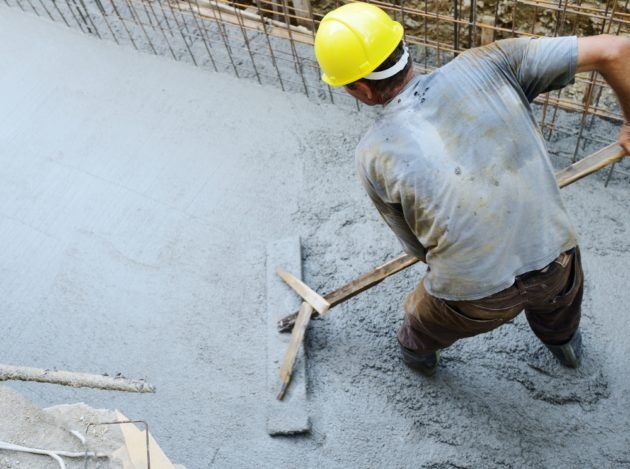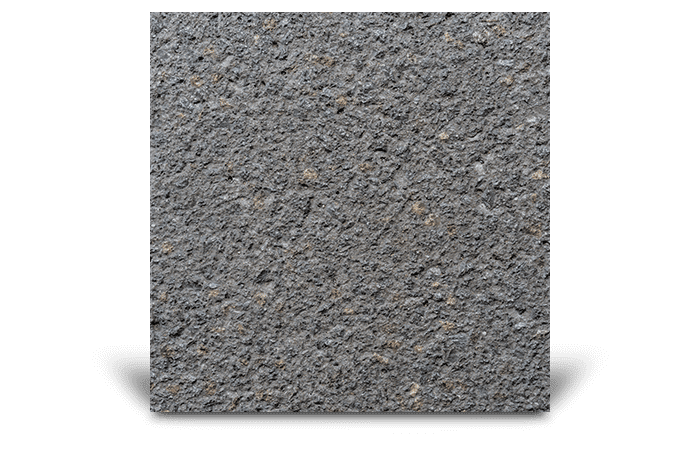Economical Concrete Solutions: High Quality Craftsmanship at Competitive Prices
Unveiling the Eco-Friendly Advantages of Making Use Of Recycled Concrete in Sustainable Building And Construction Practices
In the world of sustainable construction methods, the usage of recycled concrete stands as a pivotal yet typically undervalued source. Beyond its standard applications, recycled concrete deals a myriad of green benefits that extend much beyond the boundaries of typical building and construction products.
Environmental Advantages
By incorporating recycled concrete right into building practices, there is a substantial decrease in the need for brand-new raw products, leading to preservation of all-natural sources. Furthermore, the use of recycled concrete decreases the quantity of waste being sent to land fills, thus reducing ecological contamination and reducing the pressure on landfill abilities (Concrete).

In addition, the manufacturing of typical concrete is a significant resource of carbon exhausts because of the energy-intensive process of cement production. On the other hand, recycled concrete has a reduced carbon impact as it minimizes the demand for brand-new concrete manufacturing. This decline in carbon discharges contributes to mitigating environment adjustment and sustains sustainable building practices. On the whole, the ecological advantages of using recycled concrete are substantial and play an essential role in advertising green building and construction approaches.
Cost-Efficiency
Achieving cost-efficiency is a paramount consideration when examining the usage of recycled concrete in building and construction jobs. One of the vital benefits of making use of recycled concrete is its cost-effectiveness compared to traditional concrete.
Additionally, the usage of recycled concrete can lead to cost savings in garbage dump prices by drawing away concrete waste from disposal websites. This not just reduces the environmental influence but additionally removes the prices linked with waste elimination. Furthermore, the longevity and performance of recycled concrete are comparable to conventional concrete, ensuring that expense savings do not endanger the top quality of the building and construction.
Longevity and Stamina
Recycled concrete offers similar, if not exceptional, durability and stamina buildings to conventional concrete - Concrete. Via advancements in processing strategies and quality control, recycled concrete can satisfy or go beyond the efficiency standards of traditional concrete.

Waste Decrease
Effective waste reduction techniques play an essential function in the lasting utilization of resources within here the building and construction industry. When it involves using recycled concrete, waste reduction is a crucial advantage that adds significantly to environmental conservation. Conventional building approaches frequently produce considerable quantities of waste, specifically in the form of concrete debris from demolition websites. By integrating recycled concrete right into building and construction tasks, this waste is repurposed and drawn away from land fills, reducing the general environmental effect of building tasks.
Furthermore, the use of recycled concrete can lead to set find out here you back savings for building and construction jobs, as it is frequently much more cost effective than sourcing and transferring new products - Concrete. In conclusion, waste reduction through the use of recycled concrete is an important part of sustainable building methods that benefits both the environment and the building and construction sector as a whole.
Power Conservation
When it comes to using recycled concrete in building, significant energy financial savings are attained contrasted to typical concrete manufacturing. The procedure of creating recycled concrete involves squashing and recycling existing concrete materials, which consumes less power than mining, processing, and moving raw products for brand-new concrete manufacturing.
Verdict
To conclude, the use of recycled concrete in lasting building and construction techniques uses various ecological benefits, cost-efficiency, resilience, stamina, waste decrease, and energy preservation. By integrating recycled concrete into building and construction jobs, we can contribute to a more eco-friendly and sustainable future. It is vital for the building and construction industry to prioritize the use of recycled products to assist minimize the ecological effect of building tasks.
One of the crucial benefits of using recycled concrete is its cost-effectiveness compared to typical concrete.Moreover, the use of recycled concrete can lead to savings in my blog landfill prices by drawing away concrete waste from disposal sites. The sturdiness and performance of recycled concrete are comparable to conventional concrete, making sure that expense financial savings do not endanger the high quality of the building.
:max_bytes(150000):strip_icc()/GettyImages-941748918-5c7f3654c9e77c00012f82f6.jpg)